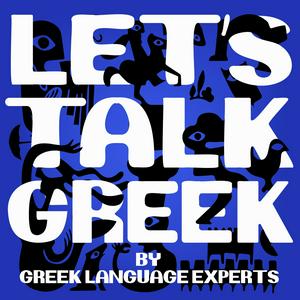In this episode we look at compound words with the word -φοβία (-phobia) as their second component.
The word φοβία comes from φόβος, which means fear. So, all the words we’ll see today describe having a fear of something, and that “something” is defined by the first part of each word.
The first word we’ll look at is υψοφοβία, from the words ύψος meaning height and φοβία. So, υψοφοβία means the fear of heights.
In English, we use the word acrophobia, which also exists in Greek as ακροφοβία.
Next, we have αγοραφοβία, from the words αγορά, which in this case means public space and not market, and φοβία. Just like in English, agoraphobia, it refers to the fear of open or crowded places.
Then we have κλειστοφοβία, from κλειστός, meaning closed, and φοβία, which means the fear of confined or enclosed spaces. The English word is claustrophobia, where the first component comes from the Latin claustrum and the Greek φοβία.
Our next word is αρρωστοφοβία, from άρρωστος, meaning sick, and φοβία. This describes the fear of getting sick.
In English, the equivalent term is nosophobia, from νόσος, the ancient Greek word for illness or disease, and phobia. Although this term exists in English, it’s mostly used in medical contexts. In everyday language, we usually say fear of getting sick or health anxiety.
Check out our Instagram @greek_lang_experts or visit our website for our upcoming Greek classes!
If you enjoyed this episode please rate our podcast and leave a comment!


